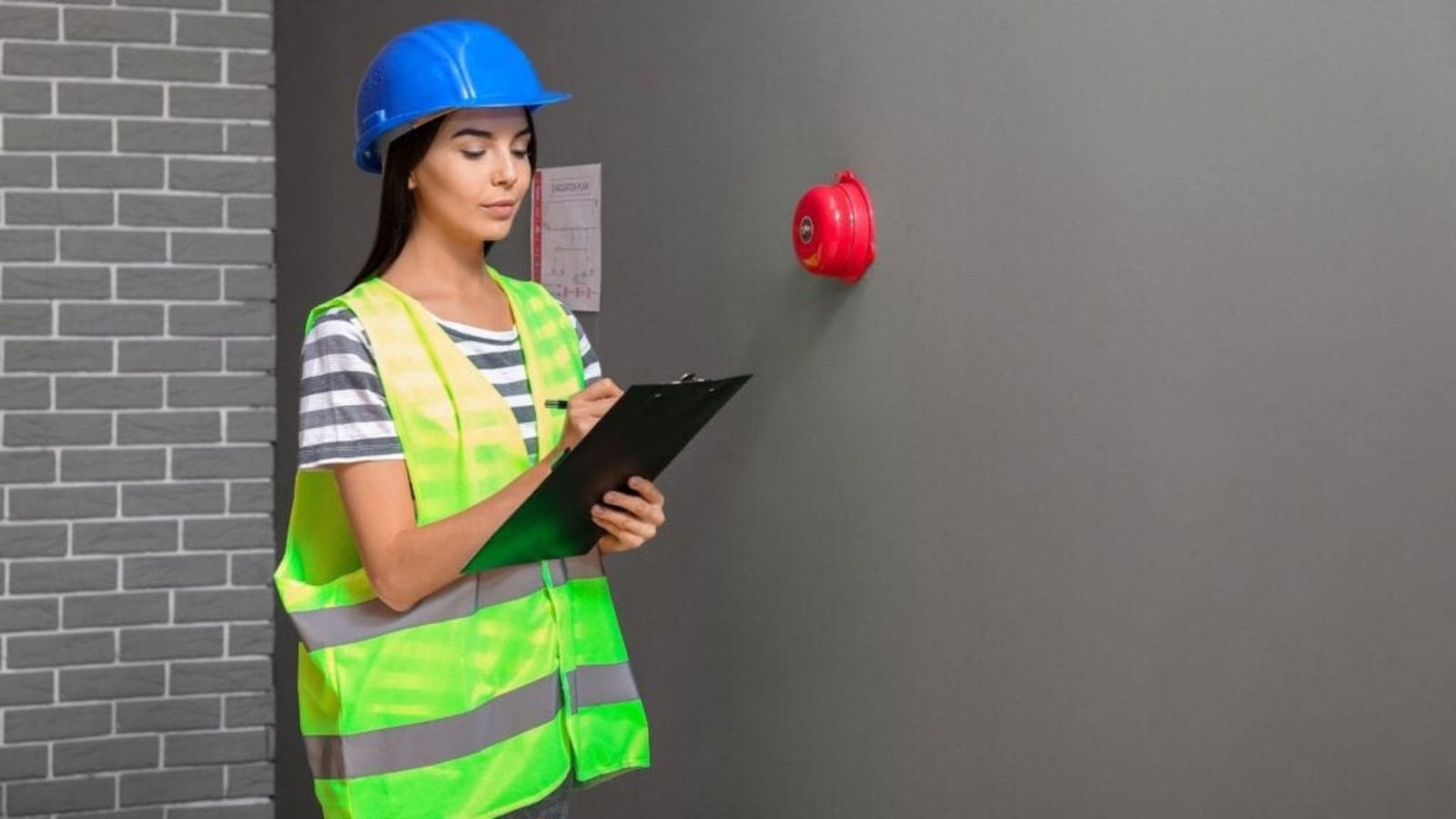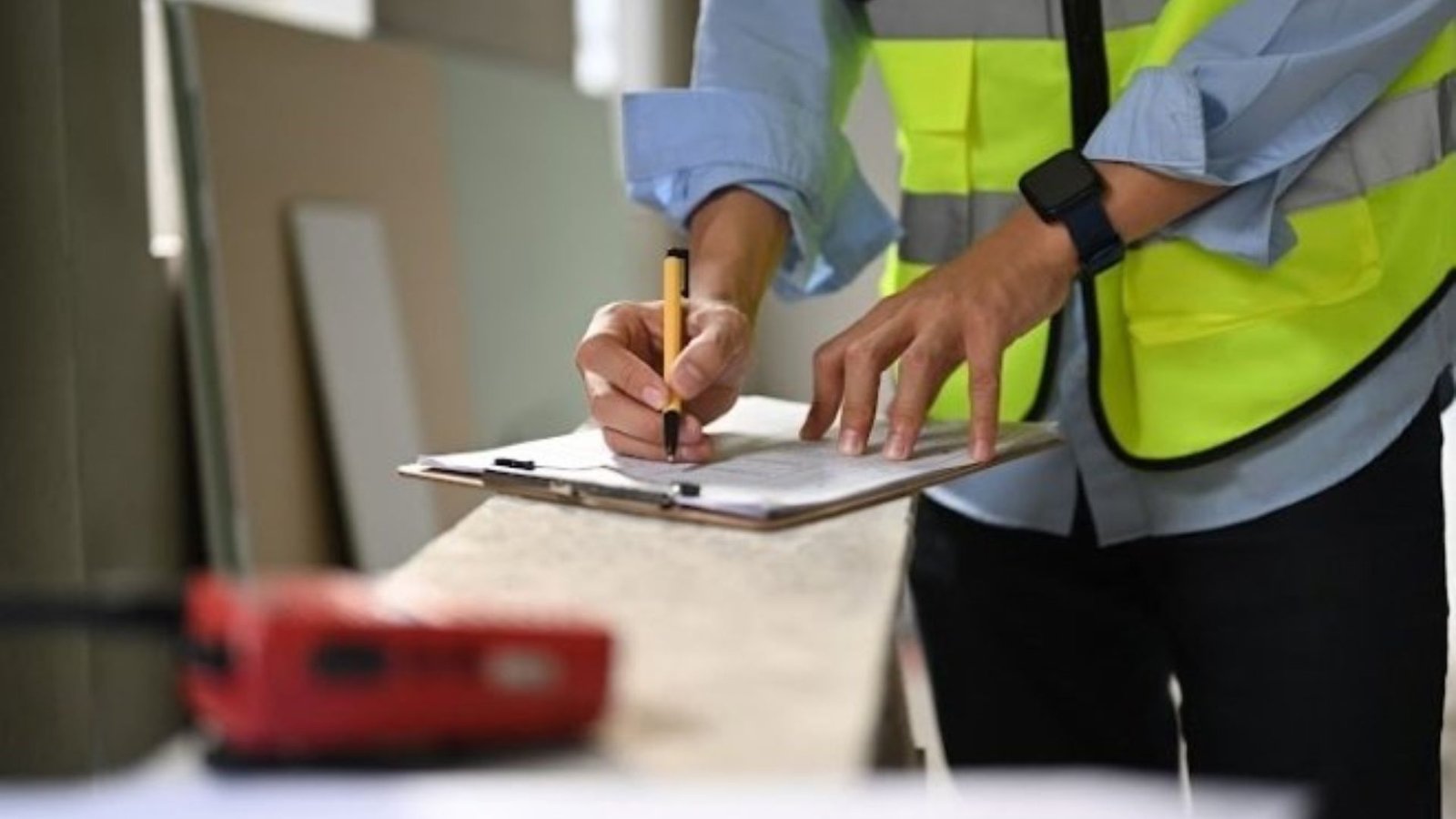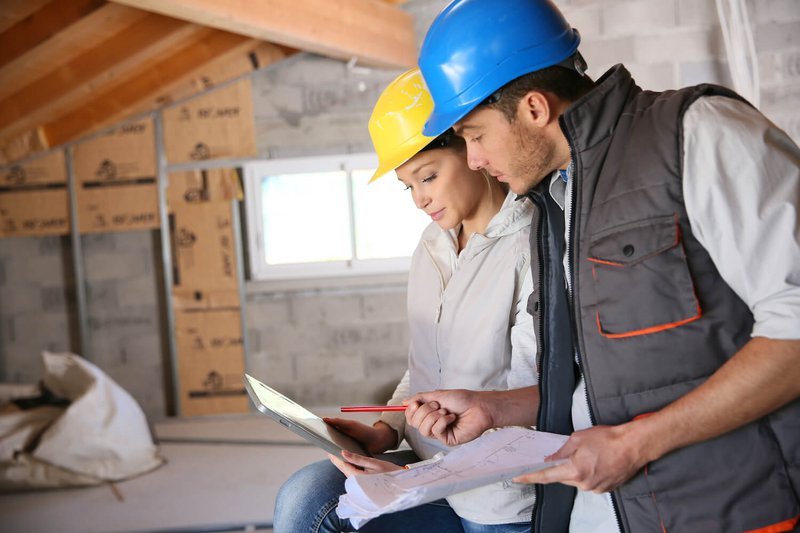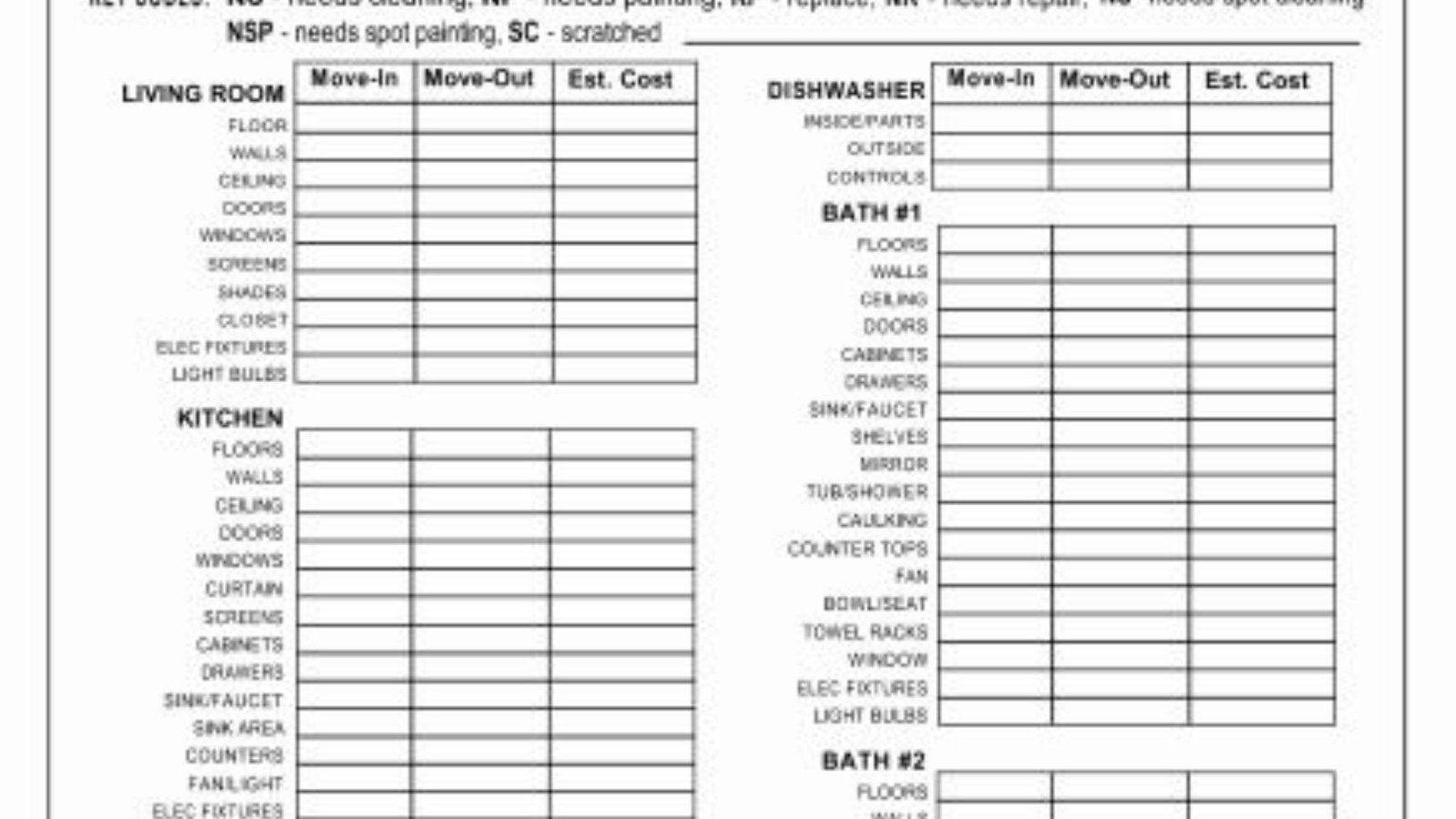When buying or maintaining a commercial property, it’s important to understand what to expect from a commercial inspection. A commercial inspection is a thorough assessment of the building’s condition, systems, and structure. But what do commercial inspections include exactly? In this article, we will explain the main aspects of a commercial property inspection, helping you understand the key areas that are assessed and why they are important.
1. Exterior Evaluation
One of the main areas that commercial inspections include is the property’s exterior. Inspectors will examine the building’s foundation, walls, windows, and roof to check for signs of damage or wear. They will look for cracks, water damage, or issues like mold that could indicate problems. The exterior is the first thing you’ll notice, so keeping it in good condition is crucial for the property’s value.
Tip: Ask your inspector to pay special attention to areas where the building meets the ground. These spots can often hide moisture problems or cracks that could lead to bigger issues later on.
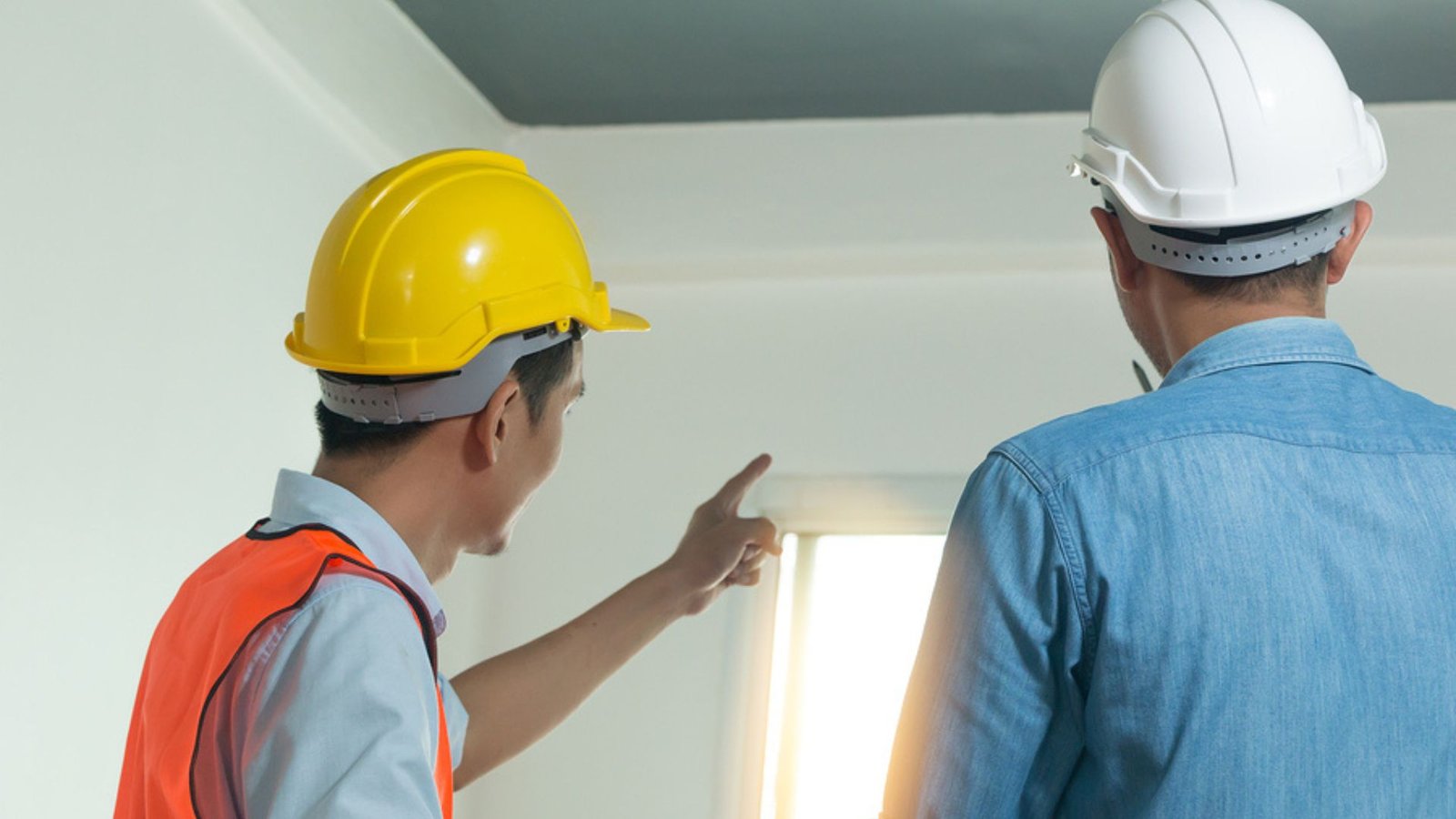
2. Roof and Structural Integrity
The condition of the roof is an essential part of what commercial inspections include. Roof issues can be costly to fix, so they should always be part of the inspection. Inspectors will assess the roof for leaks, damage from weather, or any signs of deterioration. They will also check the structural integrity of the building itself, ensuring that the foundation, walls, and support beams are stable.
Tip: If the roof is older or has experienced damage, make sure to get a detailed report. It can help you plan for any necessary repairs or replacements.
3. HVAC Systems
Heating, ventilation, and air conditioning (HVAC) systems are another important part of what do commercial inspections include. These systems are responsible for maintaining comfortable temperatures in the building, so it’s vital that they are in good working order. Inspectors will check the HVAC units, including the air ducts, furnace, and air conditioning units, to ensure they are functioning properly and are energy-efficient.
Tip: Regular HVAC maintenance can help you avoid sudden breakdowns, especially during extreme weather conditions. Make sure the system is serviced regularly.
4. Plumbing and Electrical Systems
A full commercial inspection will also look at the plumbing and electrical systems of the property. The inspector will check the pipes, water pressure, drains, and the overall plumbing system for any leaks, clogs, or damage. Similarly, they will inspect the electrical system to ensure there are no faulty wiring or dangerous connections.
Tip: Make sure your plumbing and electrical systems are up to code. Problems in these areas can lead to safety risks, and they can be expensive to repair.
5. Interior Evaluation
When considering what do commercial inspections include, the interior is also a crucial part of the process. Inspectors will check all common areas, office spaces, bathrooms, and other rooms for any damage or wear. This includes checking for problems like mold, leaks, damaged flooring, or other maintenance issues that could affect the building’s habitability.
Tip: Pay attention to things like water stains on the walls or ceilings, as they can indicate hidden leaks that may be expensive to fix.
6. Safety Features
Commercial inspections also include a thorough assessment of safety features. These features ensure the building meets local building codes and regulations. Inspectors will check fire alarms, fire exits, and sprinklers to make sure they are working properly. They may also examine elevators and emergency exits to ensure they are accessible and safe.
Tip: It’s important to keep safety features up-to-date. If your building lacks modern safety systems or needs upgrades, make sure to plan for these improvements.
7. Environmental Concerns
An important aspect of what do commercial inspections include is checking for any potential environmental hazards. This could involve examining the building for asbestos, lead paint, or mold, which are common environmental concerns in older properties. In some cases, the inspector may recommend testing for radon or other harmful substances.
Tip: If your property is older, be proactive in addressing any environmental concerns. This will help ensure the building is safe for tenants and employees, as well as compliant with environmental laws.
8. Parking and Landscaping
Although it may seem less important, the parking area and landscaping are also included in a commercial inspection. Inspectors will assess the parking lot for potholes, cracks, or any hazards that could cause accidents. Landscaping, including trees, shrubs, and irrigation systems, will be inspected to ensure they are properly maintained and not causing damage to the building or parking areas.
Tip: Regular maintenance of parking areas and landscaping can improve the curb appeal of your commercial property, making it more attractive to tenants or customers.
9. What Happens After the Inspection?
Once the inspection is complete, you will receive a detailed report that covers all of the findings. If the inspection reveals issues, you can use this information to negotiate repairs with the seller or adjust your budget. Depending on the severity of the issues, you may also decide to walk away from the deal.
Tip: Be sure to review the inspection report carefully. If you are unsure about the findings, consider hiring a specialist to provide more details on any significant problems.
Conclusion: What Do Commercial Inspections Include?
In conclusion, what do commercial inspections include is a comprehensive look at the property’s condition, safety features, and systems. From the roof and exterior to plumbing, electrical systems, and interior spaces, a thorough inspection helps you understand the property’s overall condition. By addressing any issues early, you can avoid expensive repairs and ensure that your commercial property is a safe, functional space for tenants or employees. Make sure to schedule regular inspections and keep up with maintenance to protect your investment.

